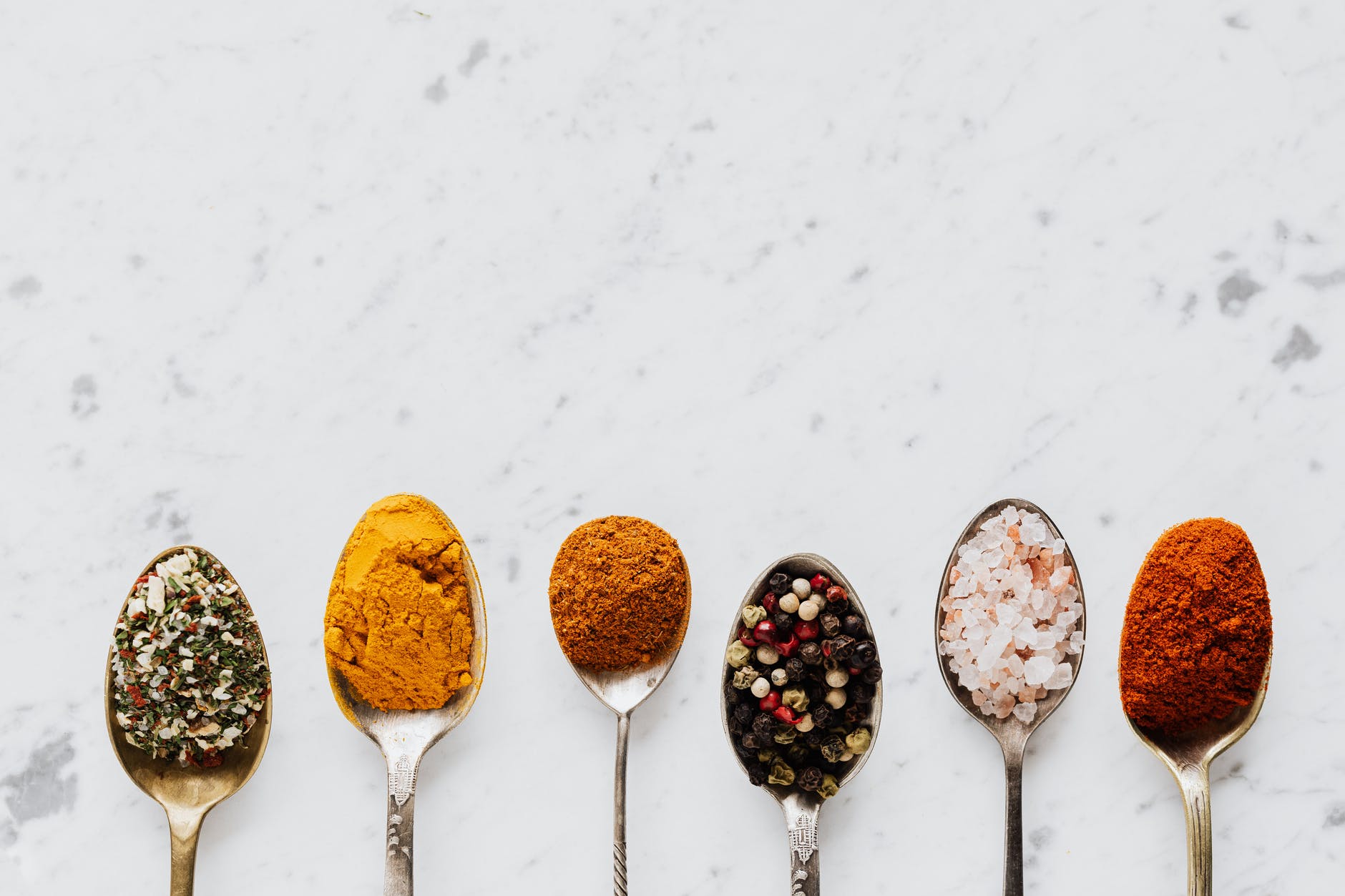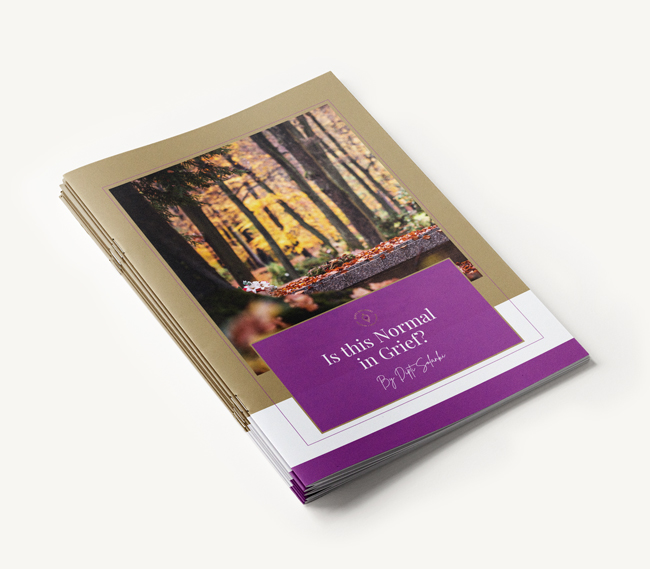
It makes so much sense that we turn towards SLERDs, or Short-Lived Energy Relieving Distractions such as food, TV, alcohol or shopping during difficult times. If you’ve struggled through lock-down, my latest blog explains why we distract ourselves, takes the shame away from coping strategies and offers an alternative way forward.
During the first lockdown I found myself caught up with cooking, eating and posting pictures online of delicious meals. I was spending so much time replying to comments and sending people recipes that it took me a few days to realise what I was doing: trying my best to distract myself from my true feelings.
Now, don’t misunderstand me; there’s absolutely nothing wrong with looking at the positives and finding ways to create joy.
The problem with my (slightly obsessive) cooking was that I wasn’t paying attention to my internal experience and instead was attempting to suppress my uncomfortable & often painful feelings – but when they started to show up in physical symptoms, I knew I had to listen.
Everyone has a behavior they turn to in challenging times that’s generally rooted in their past.
Cooking is what my family does when something bad happens and as a child I was easily distracted from the pain of what was going on because there was always a really social atmosphere. So many people came into the home every day and all my aunts and cousins would be in the kitchen, cooking, being together and eating. Therefore my subconscious registered food as an emotional balm to turn to in times of trauma and grief.
During times of trauma and pain, it makes sense that we turn to distractions like food, alcohol, TV or shopping in an attempt to feel better.
I remember being in the hospital learning that my mum had died and thinking, “Oh no, I didn’t learn how to cook properly from my mum. What am I going to do? I need to make sure I feed everybody.”
Food was always the center point of my family and so it makes sense that it shows up for me during stress and trauma.
For you, there could be a different behavior you turn to when you’re feeling emotional discomfort – whatever the cause.
Unresolved emotion of any kind – whether from heartbreak, loss, financial struggles or death – and no matter what the size, needs to be released or it becomes stored in the body.
Most of us have been conditioned to think positively. We’ve been told to “Just let it go. Move on.” and not acknowledge our emotions.
The truth is that we haven’t been taught how to properly process our emotions, and instead look for the first thing that makes us feel better.
We’ve been conditioned from a very young age to distract ourselves from pain. Uncomfortable feelings are met with lollipops, cartoons and day trips.
Without proper guidance to help us unlearn these patterns, it makes sense that we turn to behaviours that may not always serve us, as a way to navigate pain.
Our distractions can show up in so many things: from those our culture as labelled as “bad: such as smoking, drug or pornography; to the more subtle, such as binging Netflix, over-exercising or spiritual bypassing as a way to numb out and avoid what we’re really feeling.
We keep busy by cleaning, sorting, excessively planning, scrolling through social media, getting involved in other people’s dramas and wanting to fix other people’s pain, because we’re not dealing with our own stuff.
There’s nothing wrong with many of these behaviours if we’re engaging with them in a healthy way. But where the problems start to stack up is when we are using these behaviors in order to dip out of what we are feeling.
It’s natural to want to avoid pain – humans are literally wired that way. It makes sense that we turn to SLERDs, or Short-Lived Energy Relieving Distractions, because any unresolved emotion that sits in your body unacknowledged will create a lot of energy.
That energy may be given a label of anxiety or depression, but whatever we call it the energy that’s built up inside, it needs to be worked through and released.
What happens when we don’t release the stored energy in our bodies?
In time, the body will start to need more and more of the distraction or behaviour to push down those emotions. Your body knows what you’re doing. Your mind knows what it’s doing, and both will scream louder and you will feel worse. So you have to engage in those behaviors more and more and more until it comes to a point where even that doesn’t work anymore.
And so you find something else and you layer on all this stuff, but internally that pain doesn’t go away. Those emotions don’t go away. Those thoughts don’t go away. And all of a sudden you can feel like you have brain fog. Your anxiety is getting worse. Your depression is getting worse. Your fatigue gets worse – because all the emotion you are carrying makes you feel heavy and tired because there’s no way of offloading it.
The antidote to distracting behaviours is to gently acknowledge the unresolved emotion you have been carrying.
With the help of a trained practitioner, you can release the heavy burdens you have been carrying on your heart.
Questions for self-inquiry
- Is there a behavior you are engaging in excessively at the moment? Does it feel almost bordering on obsessive or feel like a safety blanket you just couldn’t do without at the moment?
- Where did that behavior come from? As a child did you see a significant person in your life engage in that behaviour when something bad happened?
- Why am I feeling the need to engage in this behavior? What comes before I engage in it?
- Is there a root cause you are becoming aware of? A relationship problem, a death from a long time ago, a job loss or a fear of the unknown?
- What am I avoiding or feel is too big to acknowledge or talk about?
- Do I have the right support to help me process this feeling? E.g. A practitioner, coach, therapist or even a trusted friend who you can ask to just listen and not fix or tell you to let it go. Do I have the space to gently release the emotion that has been stored?
Remember, during times of trauma and pain, it makes sense that we turn to distractions like food, alcohol, TV or shopping in an attempt to feel better. It is possible to let go of distractions that no longer serve you and instead gently release the unresolved emotion at it’s root.
Did you find this content useful? Consider kindly passing it on to a friend who could benefit too.
With love,
Dipti xx
dipti@diptisolanki.com
